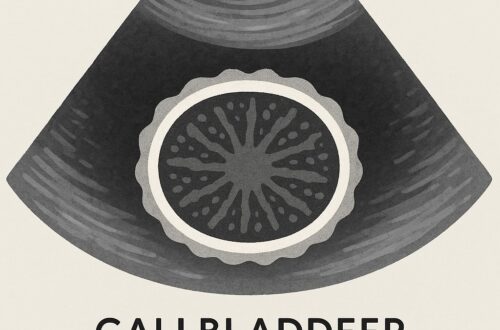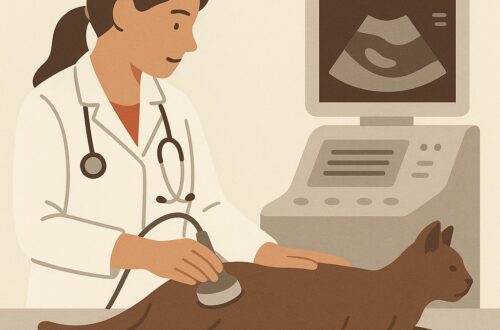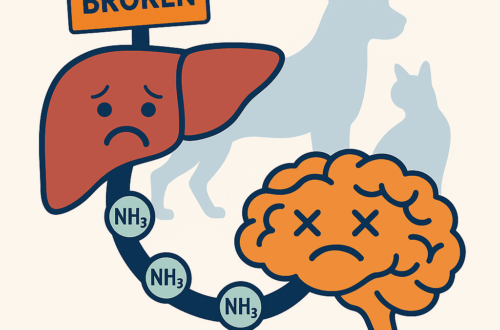Two of my favorite snacks as a child were frozen grapes and “ants on a log.” For those unfamiliar with the latter treat, the log is a stick of celery slathered with peanut butter and the ants are sweet raisins pressed into the peanut butter. Yet while I loved (and still do love) grapes and raisins, they are poisonous to dogs! Too few pet parents know about this toxicity. I’m hopeful this week’s blog post will help to meaningfully raise awareness, so please share. Happy reading!
Grapes, etc. – Why are they toxic?
To date, veterinary toxicologists have not yet determined the toxic principle for grapes, raisins, or currants. Some research has implicated a mycotoxin, a toxic substance produced by a fungus on or in the fruits. Others suspect these fruits produce a compound called salicylate that acts similarly to aspirin, compromising blood flow to the kidneys. Frustratingly, no one has yet to identify the underlying principle.
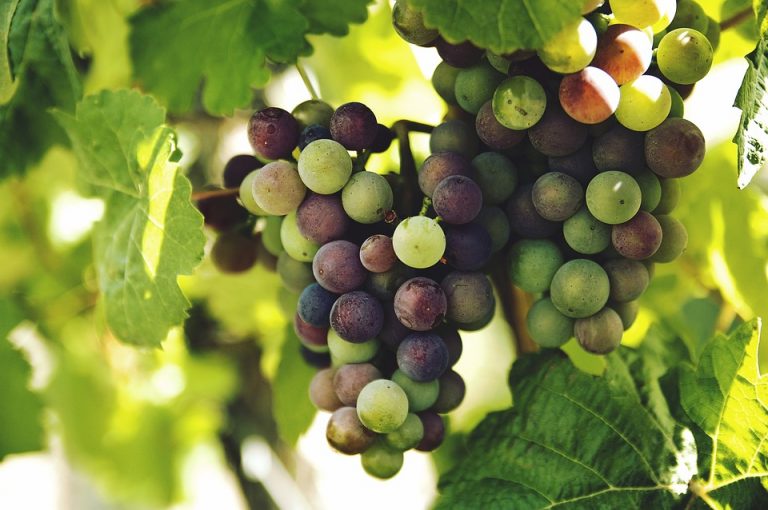
Clinical poisoning is more likely when large amounts of fruit are ingested. Furthermore, dogs have meaningful individual sensitivity to intoxication. In essence, some dogs appear able to tolerate small doses of grapes, raisins, and currants while others develop clinical signs of intoxication after eating just a few pieces of fruit. I have evaluated a Chihuahua who ate a bunch of grapes and experienced no adverse effects. Conversely, I have lost a Great Dane who died after eating three raisins.
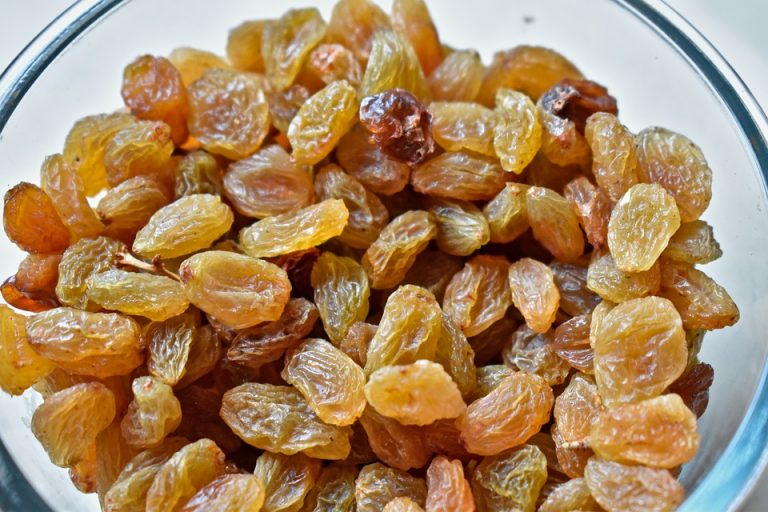
Pet parents should consider all varieties of grapes poisonous – seedless or seeded, commercial or homegrown, red or green. Furthermore, all types of raisins and currants are potentially toxic, as are foods containing these fruits (i.e.: trail/granola mix, baked goods, cereals). Even grape pomace/marc from wineries pose a risk
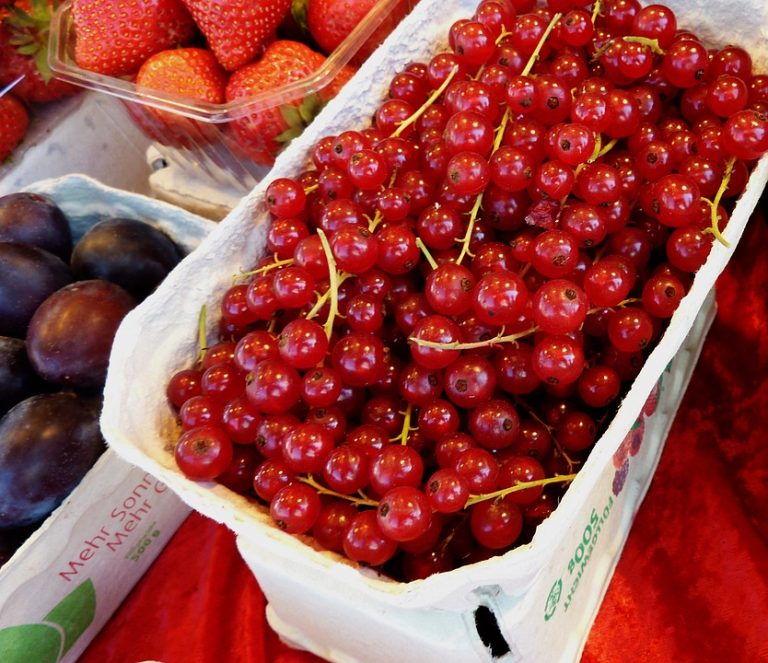
Grapes, etc. – What does toxicity look like?
Within 24 hours intoxicated pets vomit. Many also have reduced appetites, are lethargic, and may even develop diarrhea within 12 hours. The kidneys can be markedly damaged by intoxication. This is called acute kidney injury or AKI, and it can occur within 1-2 days of ingestion. In addition to the clinical signs already mentioned, those with AKI may drool excessively (indicating nausea), have an abnormal odor to their breath (called uremic halitosis), drink and urinate more (called polydipsia and polyuria, respectively), and have abdominal pain. Without timely intervention, the kidneys of intoxicated pets shut down, they develop high blood pressure, and can slip into a coma.
Grapes, etc. – How is toxicity diagnosed?
The clinical signs mentioned earlier in this post are not specific to intoxication with grapes, raisins, or currants. There are many other diseases and intoxications that can cause similar clinical signs. Veterinarians will make a presumptive diagnosis of intoxication based on compatible clinical signs and/or suspected or known ingestion of the toxic fruits. Veterinarians will perform blood and urine tests to evaluate kidney function.
Grapes, etc. – How is toxicity treated?
As we don’t yet know the true toxic principle for these fruits, there is no known antidote. Treatment is aimed at preventing absorption of potential toxins and to minimize (and ideally prevent) kidney injury. To achieve these goals, veterinarians will induce vomiting if dogs are presented within 4-6 hours of ingestion. Around-the-clock intravenous fluid therapy for 48 hours is often recommended to support the kidneys in non-clinical and mild cases of intoxications. More aggressive critical care, potentially including dialysis, may be needed for severely intoxicated dogs. Medications to control nausea and vomiting may also be prescribed.
The take-away message about intoxication with grapes & raisins & currants…
As delicious as they are, grapes, raisins, and currants are toxic to dogs. They can cause loss of appetite, vomiting, and acute kidney injury. With timely intervention and decontamination, intoxicated pets without AKI typically have excellent prognoses. However, when the kidneys are damaged and can no longer produce urine, the prognosis is poor.
To speak with veterinary toxicology experts, please visit the ASPCA Animal Poison Control.
To find a board-certified veterinary emergency and critical care specialist, please visit the American College of Veterinary Emergency and Critical Care.
Wishing you wet-nosed kisses,
CriticalCareDVM


